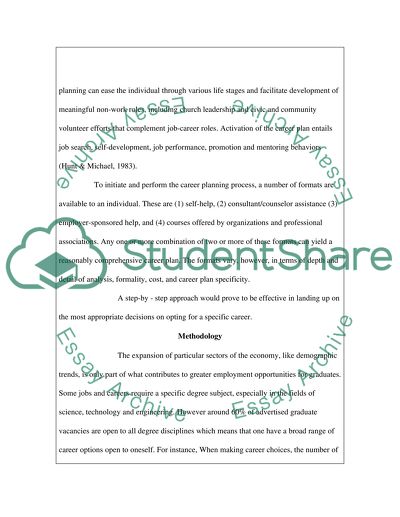Cite this document
(Employability and Entrepreneurship Assignment Example | Topics and Well Written Essays - 2000 words, n.d.)
Employability and Entrepreneurship Assignment Example | Topics and Well Written Essays - 2000 words. Retrieved from https://studentshare.org/human-resources/1513716-employability-and-entrepreneurship
Employability and Entrepreneurship Assignment Example | Topics and Well Written Essays - 2000 words. Retrieved from https://studentshare.org/human-resources/1513716-employability-and-entrepreneurship
(Employability and Entrepreneurship Assignment Example | Topics and Well Written Essays - 2000 Words)
Employability and Entrepreneurship Assignment Example | Topics and Well Written Essays - 2000 Words. https://studentshare.org/human-resources/1513716-employability-and-entrepreneurship.
Employability and Entrepreneurship Assignment Example | Topics and Well Written Essays - 2000 Words. https://studentshare.org/human-resources/1513716-employability-and-entrepreneurship.
“Employability and Entrepreneurship Assignment Example | Topics and Well Written Essays - 2000 Words”, n.d. https://studentshare.org/human-resources/1513716-employability-and-entrepreneurship.


